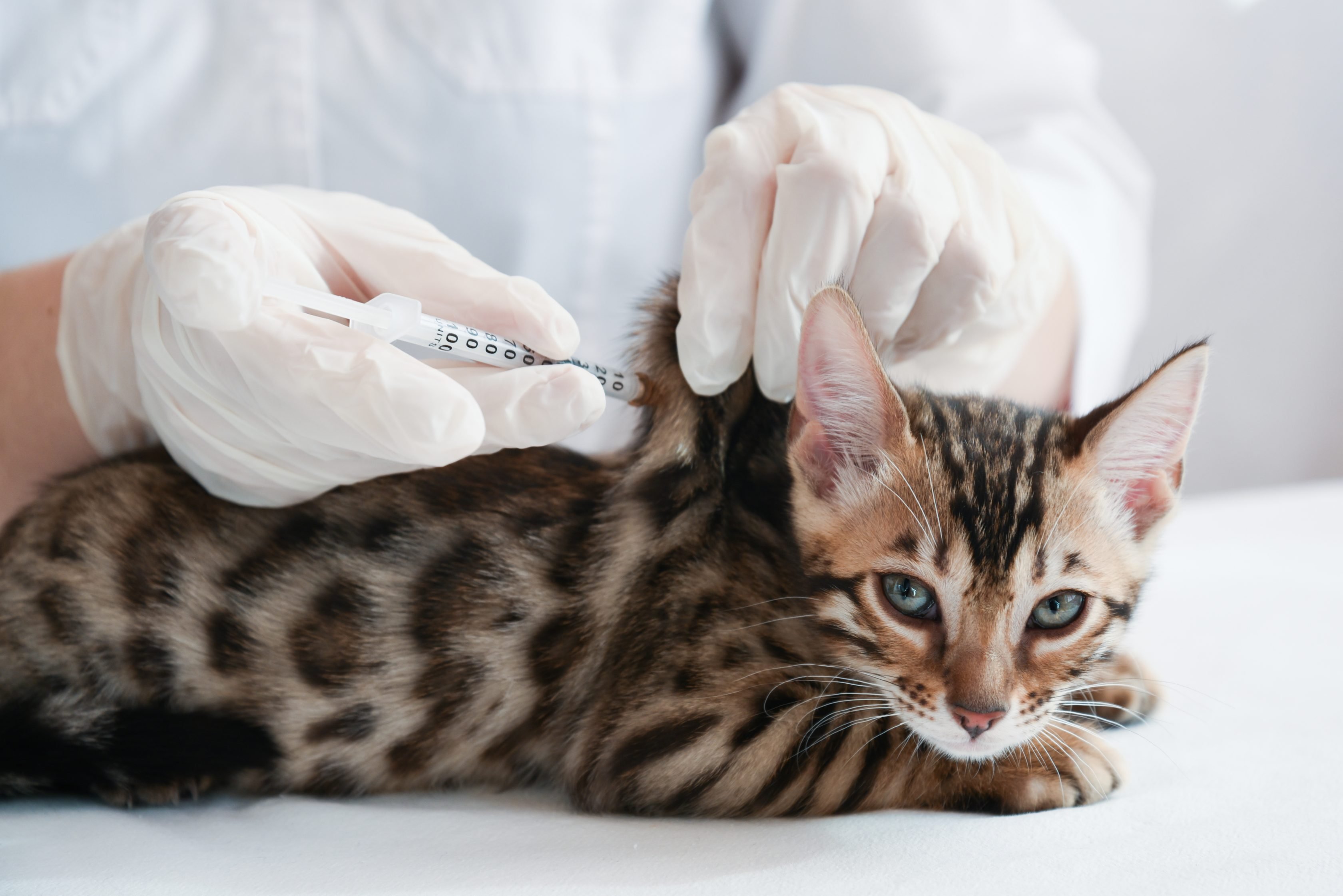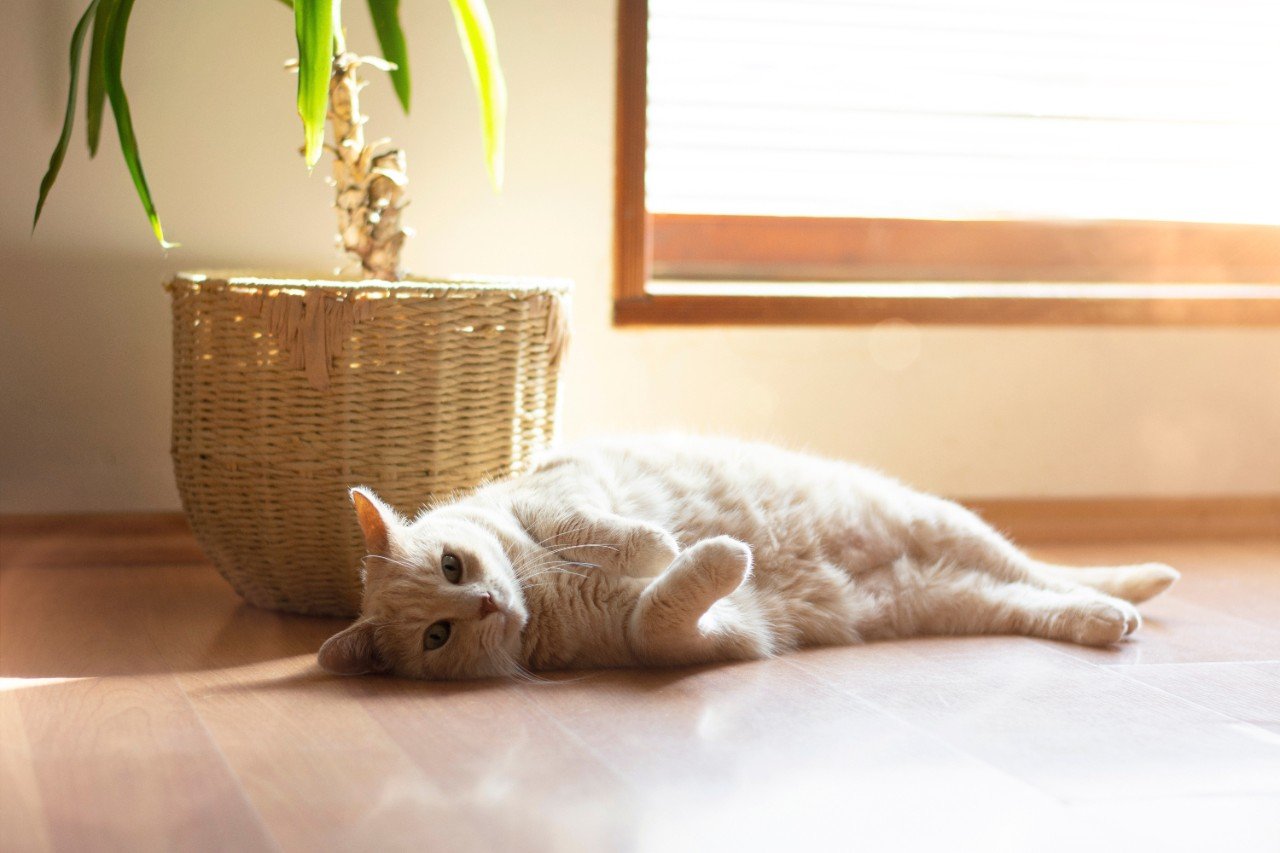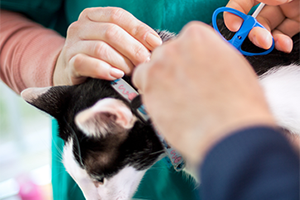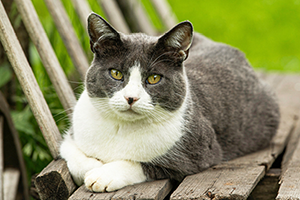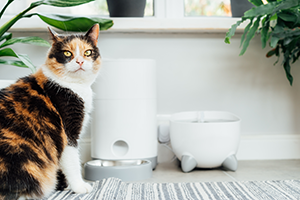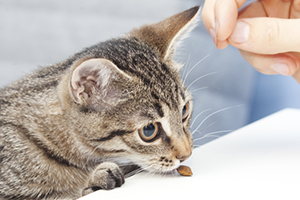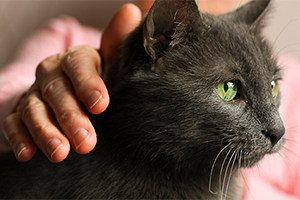Vaccinations are vital for your kitten’s health, but there are some common myths that can cause confusion. Let’s clear up a few misconceptions to ensure you’re fully informed:
Myth: Once my kitten is vaccinated, they’re protected for life.
Reality: Vaccinations need to be updated regularly. Annual boosters are necessary to maintain immunity and ensure your kitten stays protected against diseases.
Myth: Feline leukaemia is rare, so my kitten doesn’t need that vaccine.
Reality: Feline leukaemia is still a common cause of illness in cats, especially in urban areas. It’s important to vaccinate, even if your kitten isn’t around other cats frequently.
Myth: Vaccines make kittens feel unwell.
Reality: While mild side-effects such as tiredness or a reduced appetite can occur, serious reactions are rare. Any discomfort usually passes within a couple of days.
Myth: My kitten doesn’t need vaccinations if they don’t go outside.
Reality: Even indoor kittens can be exposed to diseases through contact with other pets, clothing or surfaces. It’s important to vaccinate for their safety, no matter their lifestyle.
Myth: I missed a booster; it’s fine to wait until next year.
Reality: If you miss a booster by more than 15 months, your vet may recommend restarting the vaccination schedule. It’s always best to stay on top of the timing.
While cat vaccination costs may feel like a significant expense, it’s an important part of looking after your kitten. Vaccinations help protect your pet from potentially life-threatening illnesses, giving you peace of mind as your kitten grows.

